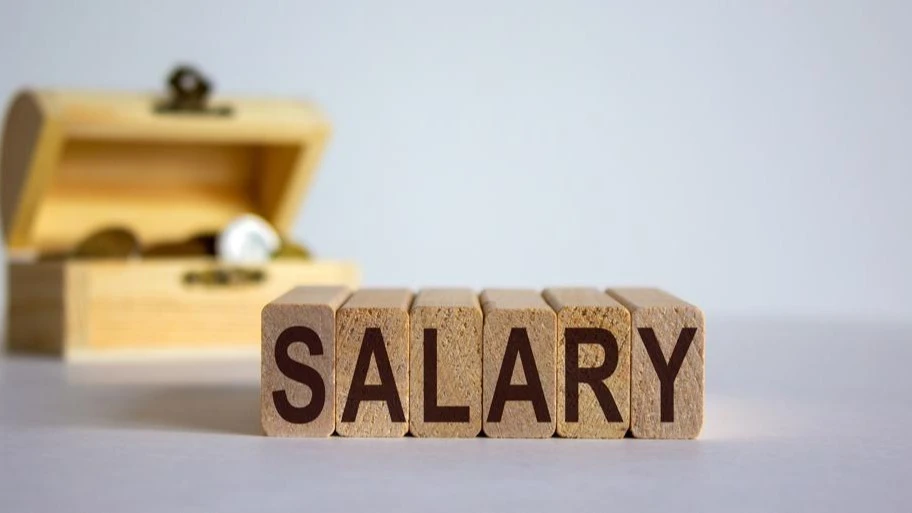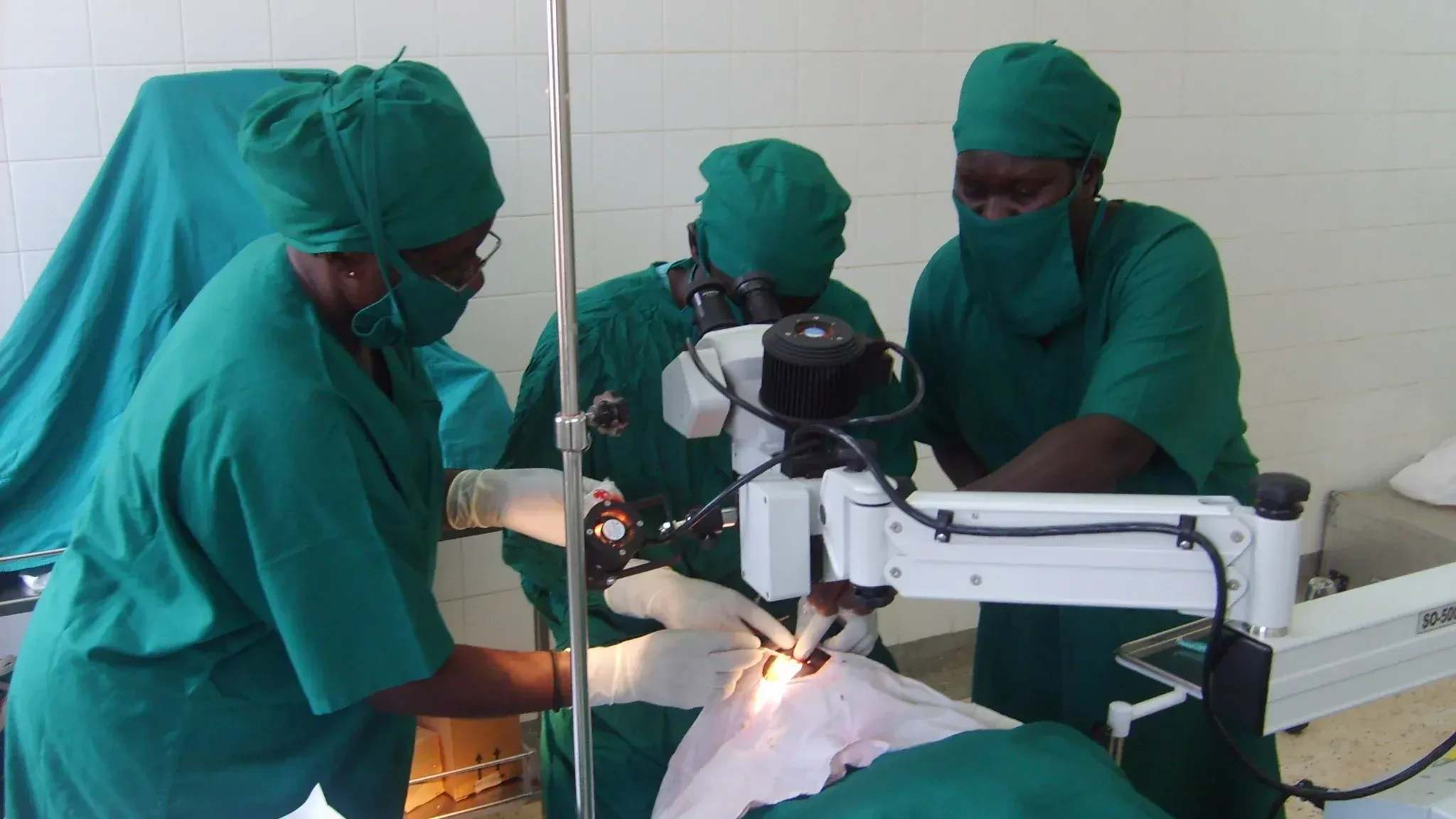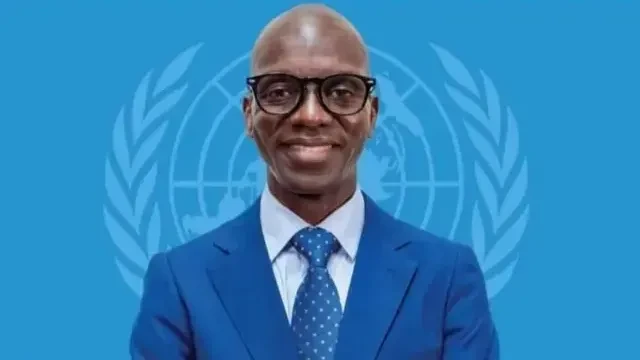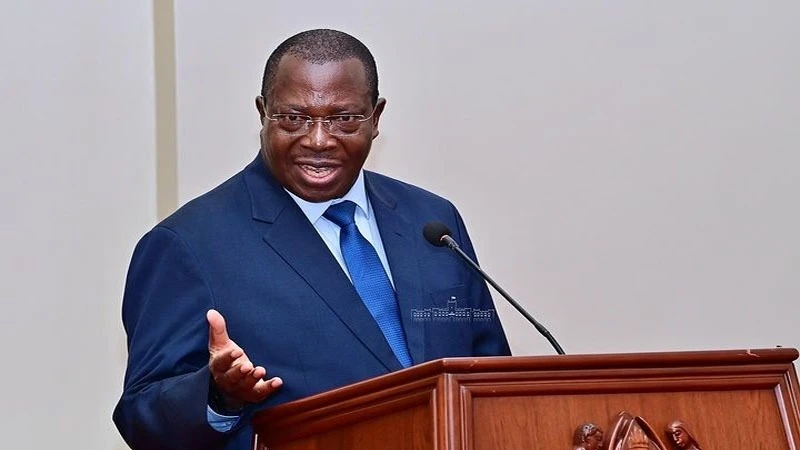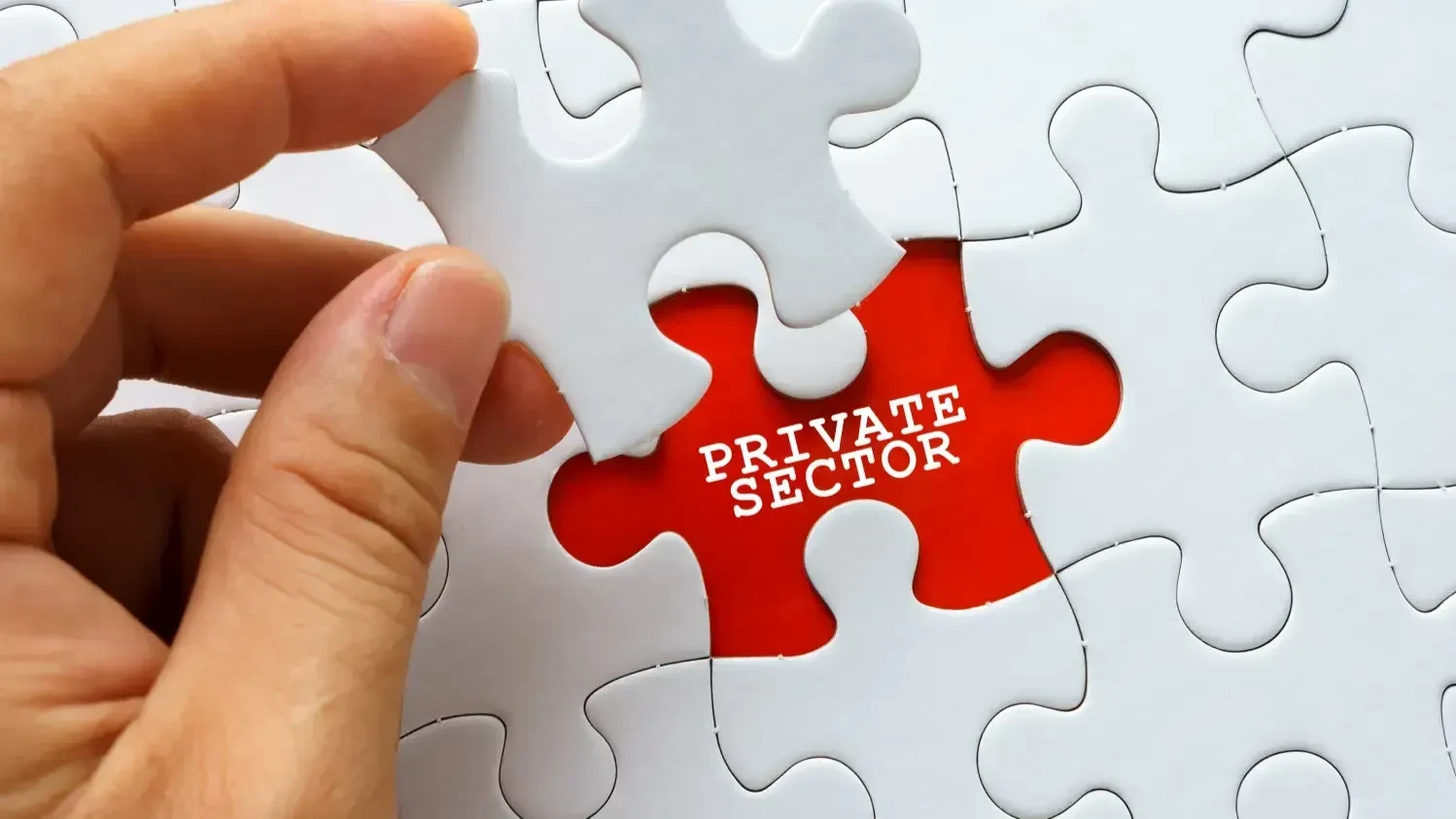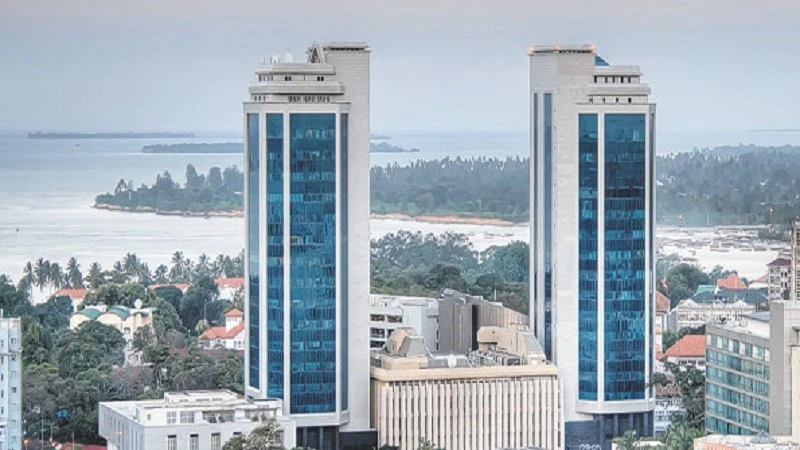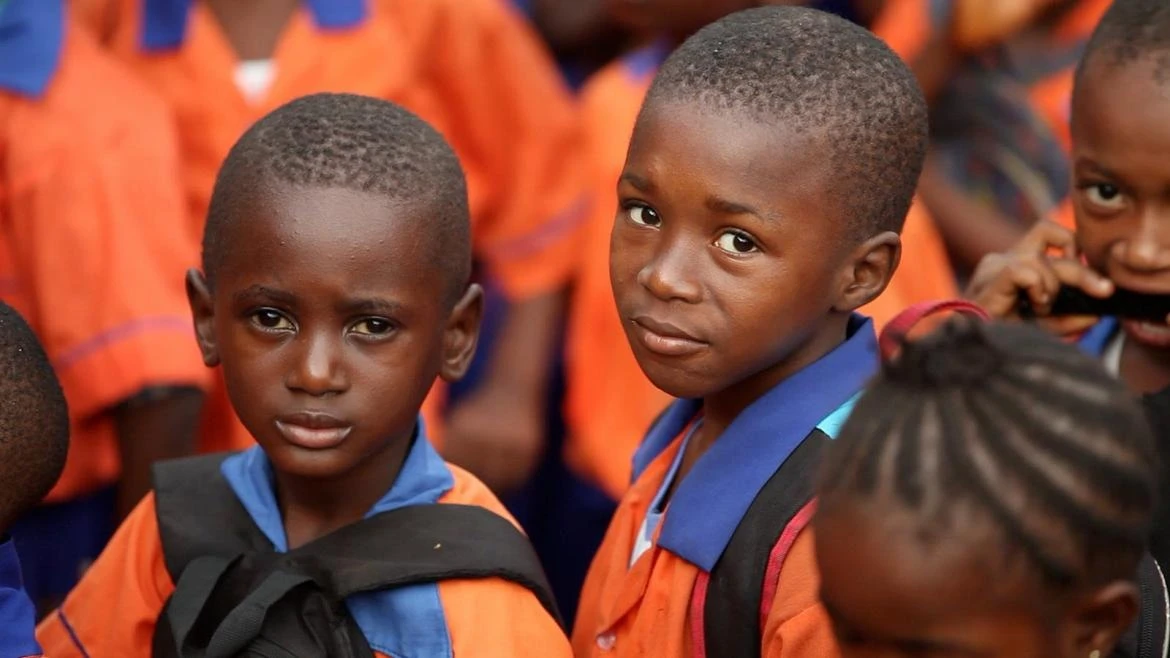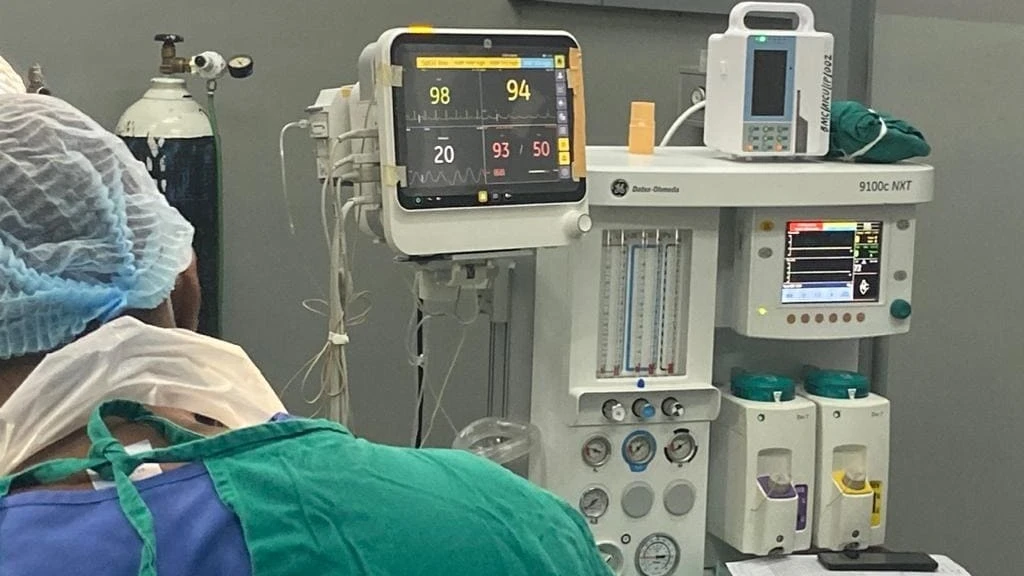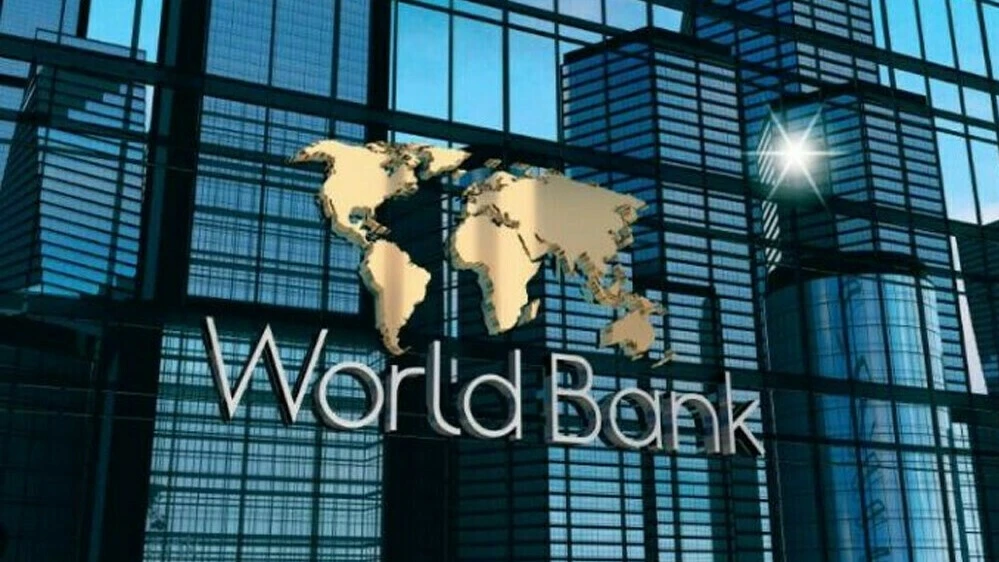UN experts need to focus on rapidly beefing up local purchasing capacity
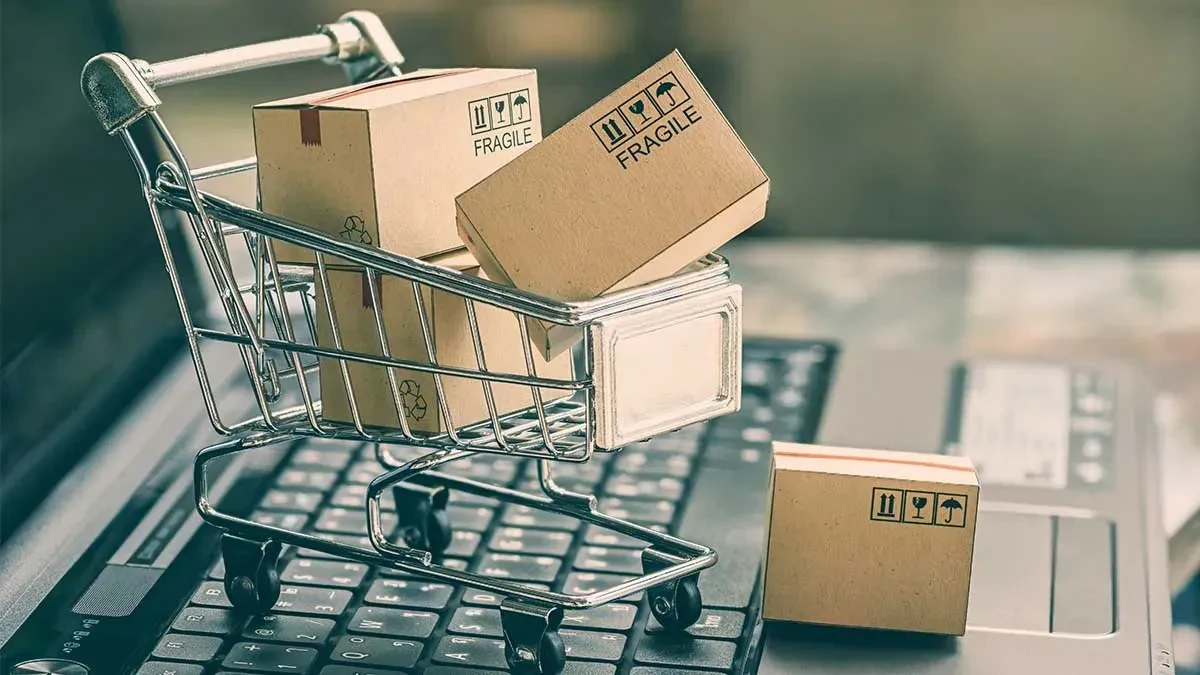
WHAT appears to be ingenuous advice has just been handed from the United Nations Economic Commission for Africa (UNECA), with its executive secretary having appealed to African countries and businesses to intensify efforts to enhance the global visibility and competitiveness of African brands.
The occasion may have supplied the theme and advice, as the UN executive was unveiling the “Brand Africa 100: Africa’s Best Brands 2025” ranking in Addis Ababa, the African Union headquarters. It definitely highlighted the continent’s most admired brands, even if not the markets.
In line with that initial gap in targeting, the expert anchored his remarks in the oft-quoted chant of Africa’s rising middle class to the effect that it was propelling the continent’s consumer market.
From the UN’s point of view, it might just be adequate to note that this market is projected to surpass US$2.2trn by 2030 – and, even then, only if all remains equal and more countries don’t fall into chaos.
The path to Africa’s social and political resilience is beset with the most awkward of pitfalls, just when outsiders believed that democracy was fortified.
The consultant said that the branding story was equally diverse and dynamic across the continent, which is definitely the case at the local or regional level, while going after the markets has proved elusive.
South African retail chains were the first to close shop in Dar es Salaam early in the past decade, followed by a series of Kenyan brands, implying that ‘brandishing the brands’ isn’t an issue but what matters more is sustainability of market outlays.
They discovered it was better to let local wholesalers decide how much they import, not set up shop to sell more.
Thinking of Africa’s consumer market and investment destination dilemma for others, one is reminded of an upcoming forum at the University of Dar es Salaam organised by the Public-Private Partnership Centre (PPPC), a unit of Tanzania’s Treasury.
Were the forum to take a really hard look at Africa’s income growth paralysis, it would perhaps figure out that only when people own land and others are free to purchase land plots or parcels from those who own it especially by inheritance would incomes be propelled.
People withdraw large portions of savings to buy land or buildings for redeveloping, as the value of land increased faster than bank deposit rates. Indeed, it is rare that land or occupancy demand stands low.
Africa has gathered much over the years in terms of exposure and the calamities tied up with our traditional outlook against Europeans or Asians purchasing land or fixed property.
Accordingly, we ought to know that it is we who lose out by not having access to their deposits and even those from members of our own Diaspora.
US President Donald Trump branded April 1 when his extensive tariffs on goods of most countries came into effect as Liberation Day. Ours comes when African governments elevate customary land ownership to freehold, and the competition for land purchase starts elevating African markets to the next level.
Top Headlines
© 2025 IPPMEDIA.COM. ALL RIGHTS RESERVED






